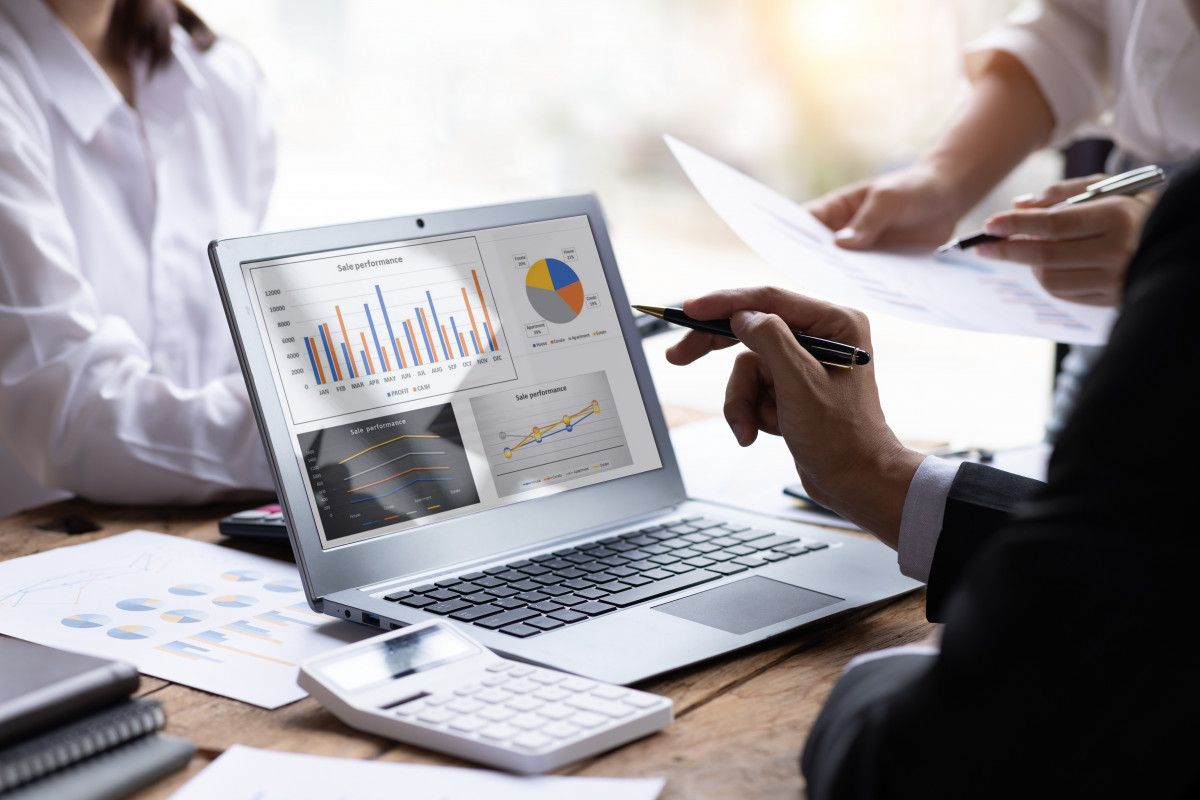15 Circular Economy Startups Leading the Way in Sustainability

Key Takeaways
- Circular economy start-ups focus on reducing waste by reusing, recycling, and repurposing materials in innovative ways.
- Circular business models can help companies reduce costs, increase resource efficiency and minimize environmental impact.
- Innovations that bridge the worlds of start-ups, established companies, and local governments can speed this shift to more sustainable ways of doing things.
- Digital solutions are key for tracking resources, optimizing supply chains, and facilitating efficient product lifecycles.
- To scale these solutions globally means adapting across numerous markets, regulatory settings, and consumer habits.
- We can support the circular economy by being conscious consumers, championing policy changes, and supporting responsible businesses.
Circular economy start-ups are entrepreneurial ventures that develop business models focused on resource reuse, sharing, repair, or recycling in order to reduce waste and maintain the value of materials. These start-ups pop up across disciplines, from tech to fashion to food, all trying to consume fewer resources and cause less environmental damage. A lot leverage simple design, clever logistics, or work with local organizations to identify ways products or materials can flow back in. That’s where the growth comes from—an increasing need for smarter use of resources and obvious global waste regulations. To witness these start-ups in action and discover what sets them apart, the following paragraphs dissect actual examples and patterns in the industry.
Conclusion
Circular economy start-ups demonstrate a genuine drive to reduce waste and optimize resource utilization. A lot of these companies employ elegant solutions to large issues, such as transforming food waste into energy or recycling textiles. These shifts assist cities in reducing waste and consuming fewer raw materials. The requirement for defined strategies and effective collaboration jumps out. Expansion requires open minds and new skills, not just big budgets. For more stories or to participate, visit local groups or global networks that connect start-ups and partners. Be receptive to novel approaches to working, studying and giving. Look for new thinking and little victories that scale change.
Frequently Asked Questions
What is a circular economy start-up?
A circular economy start-up is a new business that focuses on reducing waste, reusing materials, and recycling resources to create sustainable solutions.
Why are circular economy start-ups important?
They to protect the environment, save resources and generate new jobs by supporting intelligent materials use and new business models.
How do circular economy start-ups make money?
They make money by selling recycled goods or repair services, or by offering solutions that enable other companies to cut waste and conserve resources.
What are some examples of circular economy start-ups?
From startups that recycle plastics into new materials, to fixed‑gear electronics, or reusable packaging for businesses and consumers.
How can I start a circular economy start-up?
Start with a waste problem, find an answer and construct a business model around sustainability and resource efficiency.
What challenges do circular economy start-ups face?
Typical hurdles are upfront expenses, shifting consumer behavior and complex waste and recycling rules.
How can I support circular economy start-ups?
Whether you support them by buying their products, spreading their mission, investing in their solutions, or partnering with them, you’re making an impact.
 Send Buck a voice message!
Send Buck a voice message!



